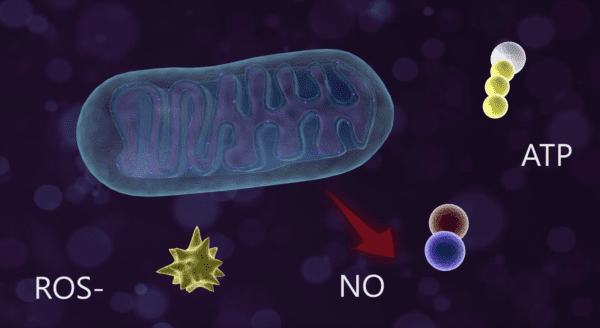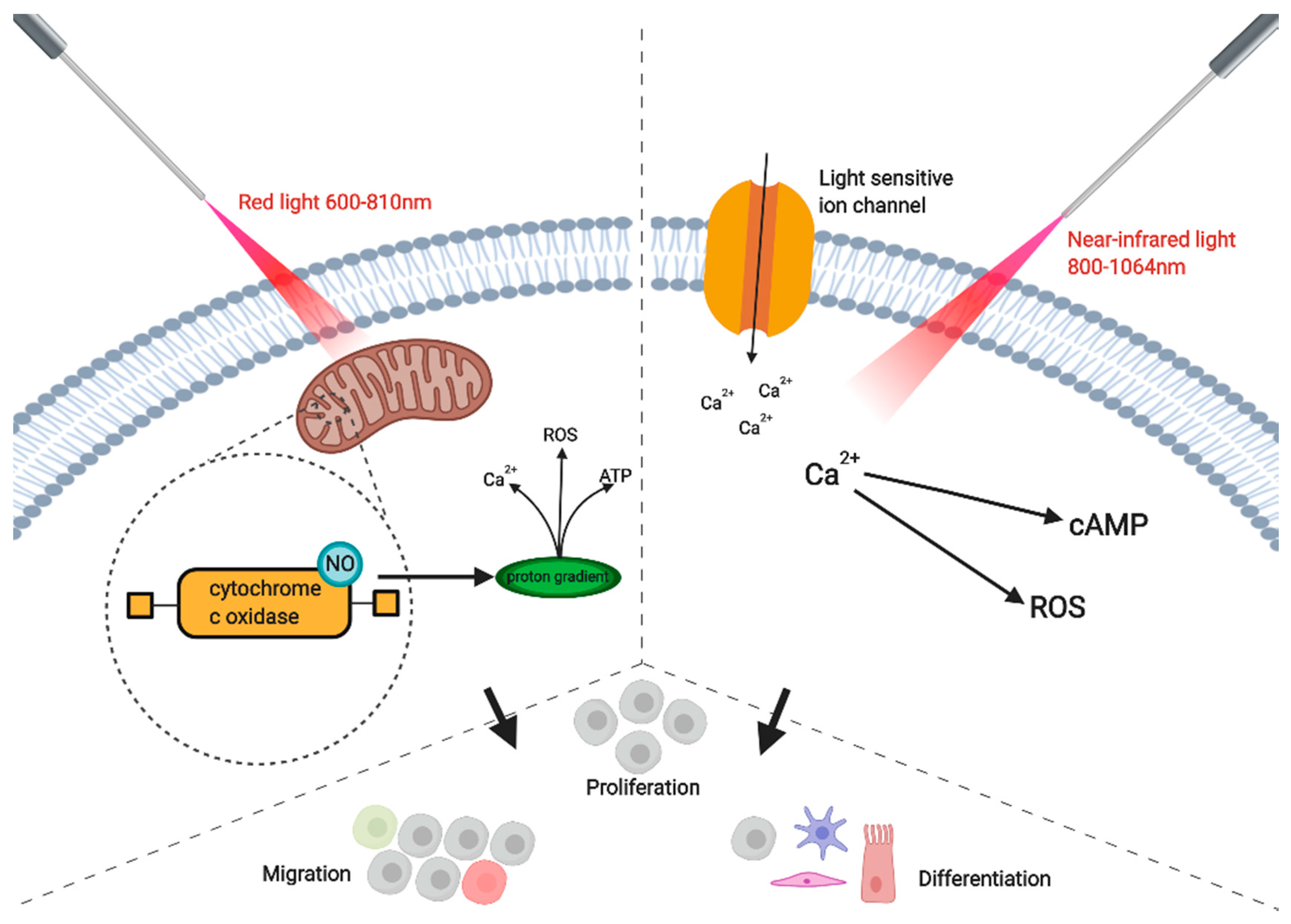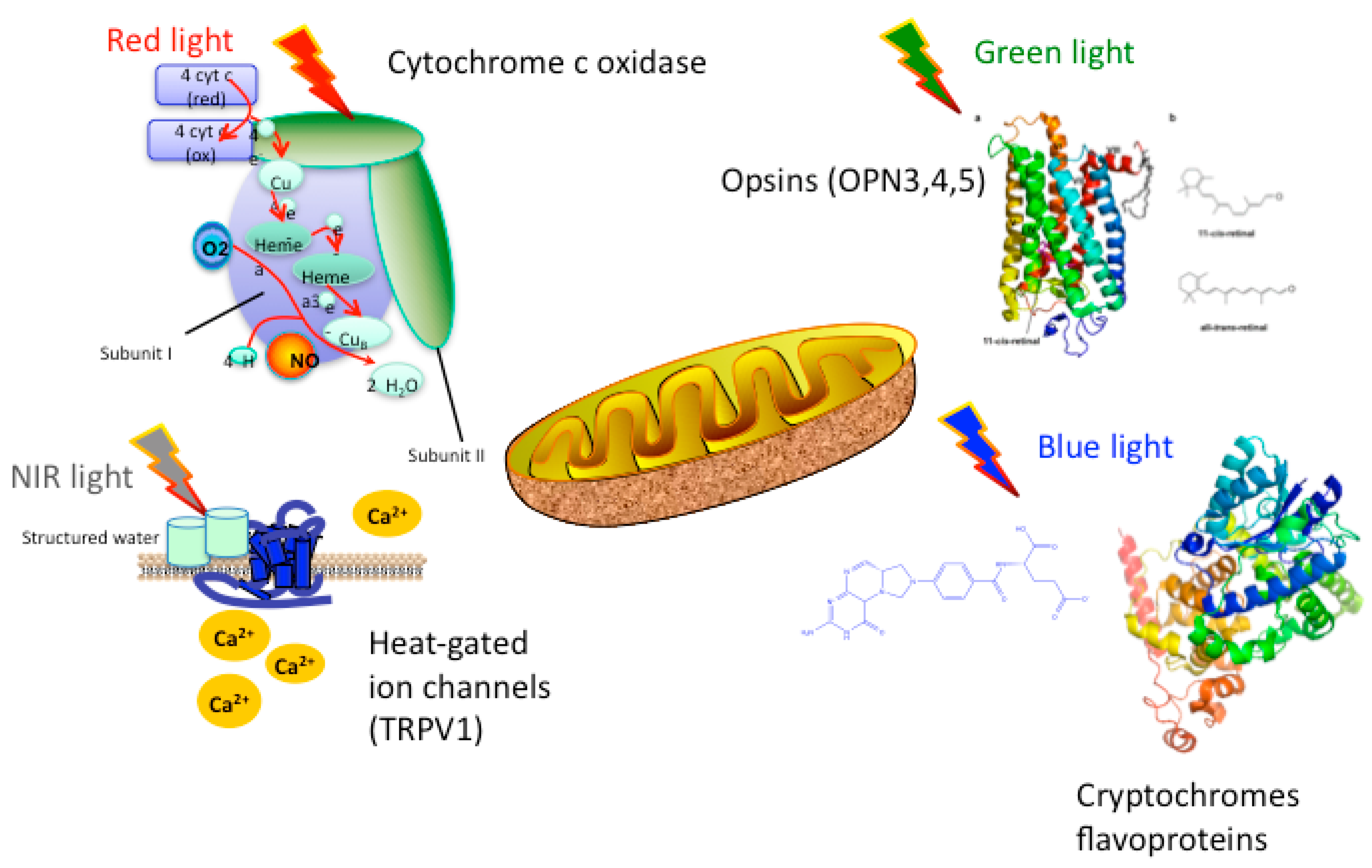Things about Photobiomodulation
Table of ContentsPhotobiomodulation Can Be Fun For AnyoneA Biased View of PhotobiomodulationAbout PhotobiomodulationThe Only Guide to PhotobiomodulationThe Single Strategy To Use For PhotobiomodulationLittle Known Questions About Photobiomodulation.Getting My Photobiomodulation To Work
There is agreement that the application of a therapeutic dose of light to damaged or dysfunctional cells causes a cellular reaction moderated by mitochondrial systems. Research studies have shown that these changes can influence discomfort as well as inflammation, as well as, tissue fixing.It works because our cells include "chromophores" that soak up light (Photobiomodulation). When the light is absorbed, the chromophores create a biochemical impact in cells that strengthen the mitochondria.
Extremely, your body generates your bodyweight in ATP every day. And also, while you can make it through for several mins without oxygen, were all ATP production to unexpectedly stop, you would certainly pass away within 15 secs. Many thanks to the transportation capacities of ATP, the positive biochemical reactions in between chromophores, mitochondria and ATP can after that reach cells that have actually not even been exposed to the light.
The Best Guide To Photobiomodulation
This process causes helpful therapeutic results, consisting of however not restricted to the alleviation of pain or swelling, immunomodulation as well as promotion of injury healing and tissue regrowth. The essential concepts that specify photobiomodulation (PBM) treatment, as currently understood in the scientific literary works, are reasonably uncomplicated. There is consensus in the scientific neighborhood that the application of a restorative dosage of light to damaged or useless tissue causes a mobile feedback moderated by mitochondrial devices that lower discomfort and also swelling and also rate recovery.
By Ceder Home Health club What is red light treatment? Red light treatment uses photobiomodulation, which is a low-level laser therapy that provides red as well as near-infrared light to areas of your body.
Now, it's used to deal with all kinds of conditions, often several at the very same time. One of the main benefits of red light treatment is to treat chronic (continuous) inflammation, which reduces pain in joints and muscular tissues.
3 Simple Techniques For Photobiomodulation
However, you can additionally use this therapy to deal with targeted locations of your body. What occurs during red light therapy? Each session takes about 15-30 minutes depending upon which solution you are obtaining. The procedure is painless, however the lights are intense. To safeguard your eyes, you'll put on unique goggles during therapy.
This depends upon how considerable your injuries are. Are there adverse effects of red light therapy? Red light therapy is taken into consideration a risk-free treatment when administered by a skilled physician. By establishing the ideal dose for your needs, they can guarantee your problem is dealt with without any negative adverse effects.

Photobiomodulation for Beginners
Photobiomodulation Therapy is utilized in thousands of clinics, NHS healthcare facilities and also Sports Institutions in the UK as well as overseas.
It's using that light as a method for the body to repair itself, to decrease the discomfort, decrease the swelling and recover. On a mobile level, what occurs is the light passes through right into the mitochondria of the cell. The mitochondria is the giant of the cell due to the fact that it makes ATP (adenosine triphosphate), which powers all the features of the cell.
When the nitric oxide is bound to it, it's kind of like a cars and truck engine that's dirty, so it's not carrying out. Yet when the light hits the cell, that nitric oxide molecule comes off it as well as binds useful reference to an oxygen particle. After that you have the cytochrome facility start to create the wikipedia reference ATP properly once more.
The Facts About Photobiomodulation Revealed

When a plant is attempting to generate power, it uses sunlight. So photobiomodulation is quite a photochemical reaction, where as opposed to producing energy for a plant, you get power at a mobile degree, so they can do all the things that they need to do. Last year there were over 600 papers written on photobiomodulation, as well as there's more than 700 randomised, medically regulated tests.

The Best Guide To Photobiomodulation
Photobiomodulation jobs by impacting health and wellness on the mobile level. This therapy boosts mobile power production which enhances numerous areas of health. All living points require to make Adenosine Triphosphate (ATP) or cellular energy. ATP is the source of energy for every cell in the body. Without it, we can not operate.
ATP synthase transforms proton energy into ATP. When cells are not healthy and balanced and also satisfied (because of illness, stress, and so on), the adhering to takes place: Stressed cells produce nitric oxide.
Photobiomodulation impacts cellular health and wellness so it has the potential to boost many areas of health and wellness. Photobiomodulation has a profound impact on the skin in human and also animal models. First, it's considered an anti-aging skin treatment, enhancing creases and various other age-related skin problems. PBM boosts blood circulation to help find more develop new blood vessels and generate collagen.
Everything about Photobiomodulation
Red light therapy also enhances manufacturing of fibroblasts. Red treatment light promotes these fibroblasts to do this important work.
What I found is that PBM can have a huge effect on thyroid wellness. One 2013 medical test showed an outstanding renovation in thyroid health from light treatment. Lots of individuals were able to lower or remove their thyroid medication. During the nine-month adhere to up to the research, a whopping 47 percent of the participants no much longer required medication.
This is a big finding taking into consideration many thyroid people are informed they will have to take drug for the remainder of their lives. When looking at Hashimoto's (autoimmune thyroid issues) particularly, the research study also located a reduction in thyroid peroxidase (TPOAb) antibodies. These antibodies indicate an autoimmune thyroid problem.